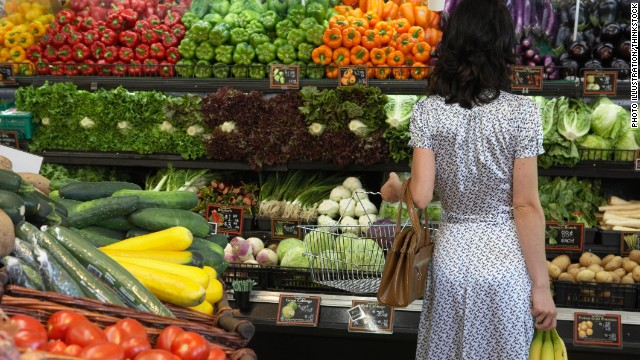An increasing number of us are keen to do our bit for the environment. From cutting the number of miles we drive, to recycling as much as we can and reducing our energy consumption around the home, there are lots of small steps that can add up to make a major difference.
Eating out might be more of an occasional treat than a part of most people’s daily routines but, whether it’s an occasional dinner with a loved one or a more regular lunch, your choice of restaurant can still have an environmental impact in natural design.
The food industry can have a number of damaging effects on the environment including high CO2 emissions and water consumption, food waste, the use of non-biodegradable materials and the depletion of resources such as fish stocks.
There’s no single standard that can identify a restaurant as an eco-friendly one, but most establishments that do make an effort will highlight their green credentials and you can perform a simple search to find ones that are.
One of the most important things to look out for is how a restaurant approaches food waste recycling. Some food waste is inevitable in the restaurant trade, but is the food that you leave on your plate going into landfill or is its usefulness being extended?
Some particularly green restaurants might maintain their own composting facilities while others will employ waste disposal and recycling experts to do this for them. Another option is anaerobic digestion (AD), which processes food waste to generate both sustainable energy and an organic soil improver.
Some other ways in which restaurants can be greener include using cloth rather than paper napkins and reducing their use of water. Importing ingredients from halfway across the world can result in a sizeable carbon footprint so sourcing is also important. Most eco friendly restaurants will source a large part of their ingredients as locally as possible.
Soil Association certification is also useful for establishing a restaurant’s organic credentials. In order to receive certification, a business must use products that are fully traceable back to the farm of origin. Organic standards as upheld by the Soil Association cover all aspects of organic food certification including production and packaging, animal welfare, wildlife conservation.
Seafood can be a particular cause for concern, and over-fishing and by-catch (when animals other than the intended catch are affected) are growing problems. An eco friendly restaurant will source sustainable fish and seafood and should be able to provide you with the details.

